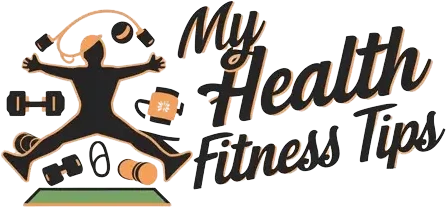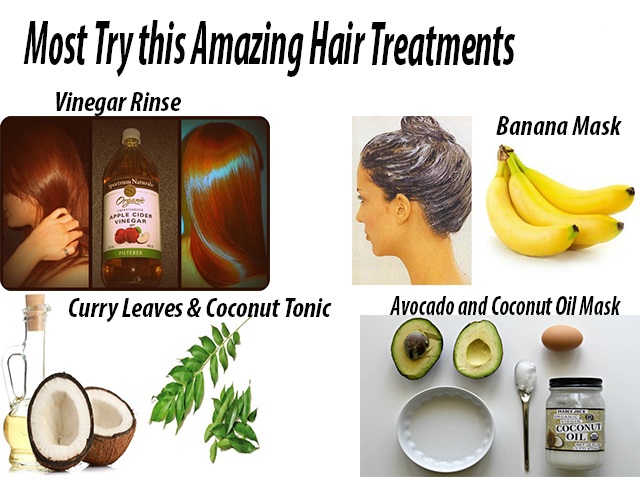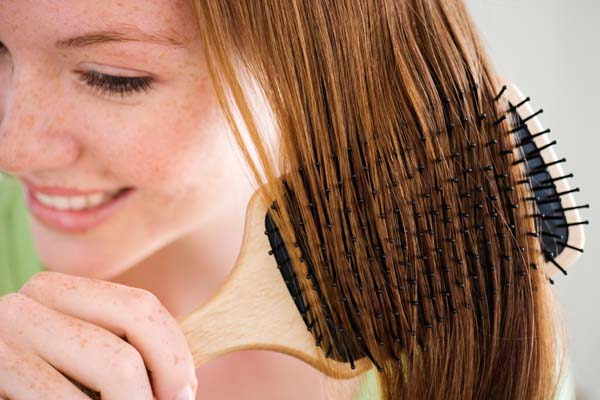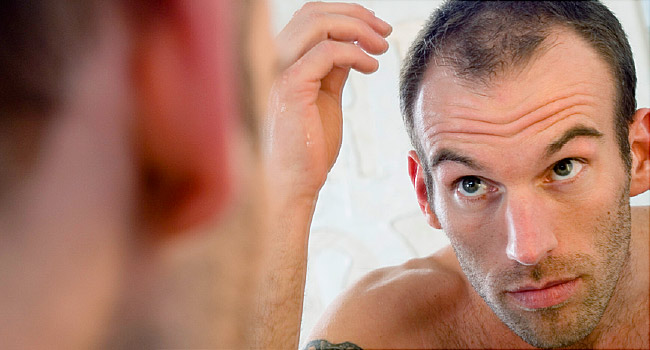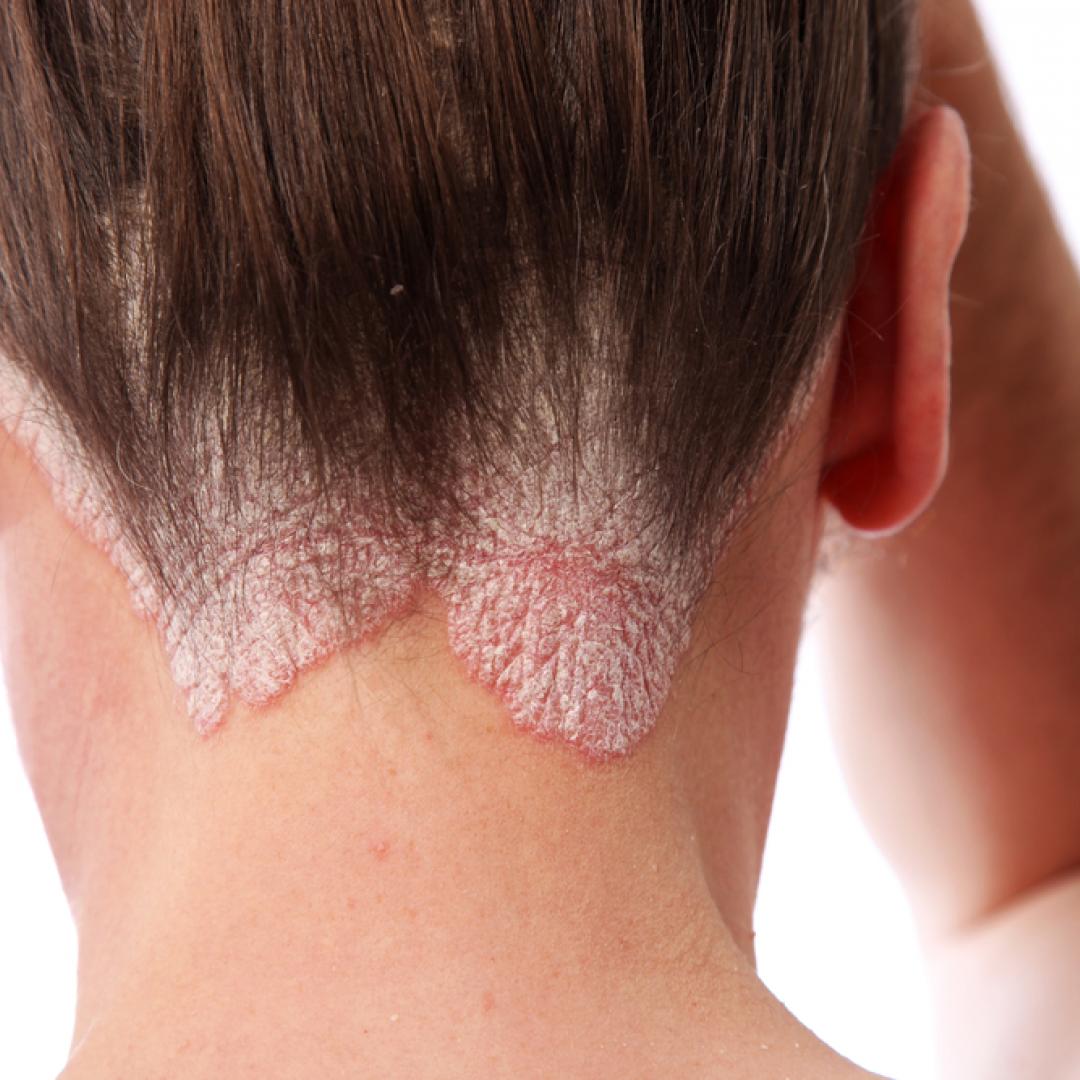A little hair care information can prevent permanent damage to your precious hair. Here are the top 8 tips to protect your hair and have a head full of healthy hair.
We are often busy in having hairstyles of our choice and getting ready for the party that we seldom think of the long-term health of our hair. We do not realize that the products and procedures we are using to style our hair might damage our hair in the long run. Here we will discuss some dos and don’ts with some hair care tips so that you can have a head full of healthy hair.
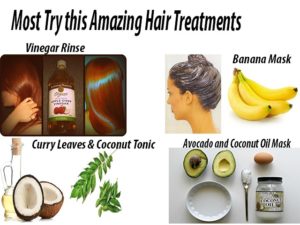
- Avoid harmful procedures like hair straightening and hair curling
Avoid these procedures at all costs. Even a single such procedure can have irreversible hair damage.
- Avoid clogging
Shampooing ensures that your hair and scalp are clean and your pores and hair follicles are not clogged with cosmetics, oil, and dirt. Choose a shampoo according to your hair type. You would not want to over dry your hair and scalp.
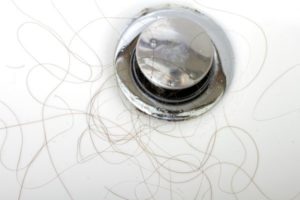
- Condition your hair
Again, choose a proper conditioner and do not overdo the conditioning.
- Avoid blow drying
You can blow dry occasionally. But regular blow drying will dry up and damage your hair.
- Avoid hairstyles that pull your hair hard
Some hairstyles, like ponytails and braids, exert constant pressure on your hair and may cause permanent damage. It is known as traction alopecia.
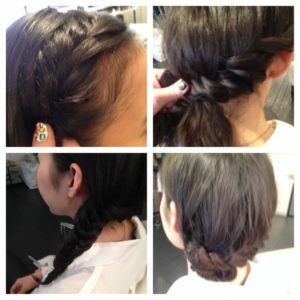
- Treat your hair gently
When drying your hair with atowel or massaging, be gentle with your hair. When you comb your hair, do not comb opposite to the natural direction of your hair.
- Avoid static charge
Some combs produce a lot of static charge. This constant static charge makes your hair prone to damage.
- Avoid ultraviolet rays
Ultraviolet rays are as damaging to your hair as they are to your skin. If you spend a lot of time outdoor, take special measures to protect your hair from direct sunlight and ultraviolet rays.
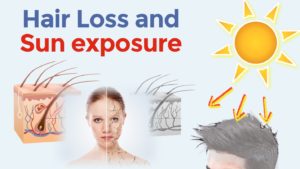
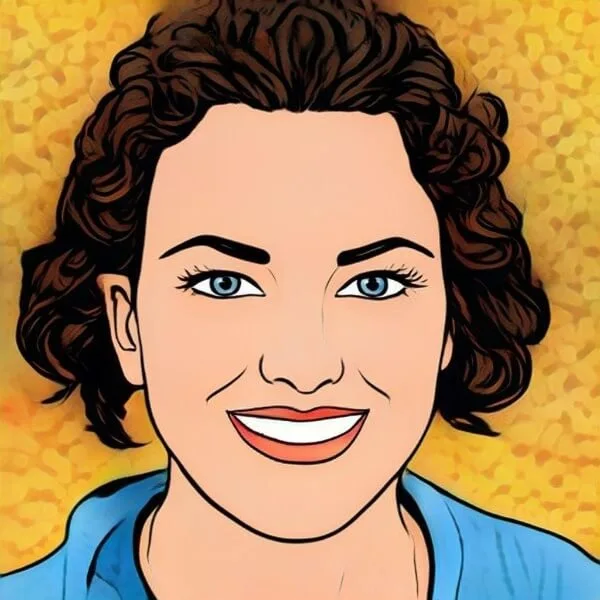
Alina Smith is a health blog author with an interest in the intersection of wellness and mental health. She’s worked as a writer, editor, and communications specialist for various healthcare organizations. Alina has also led projects to improve access to care for underserved populations in both rural and urban settings.
